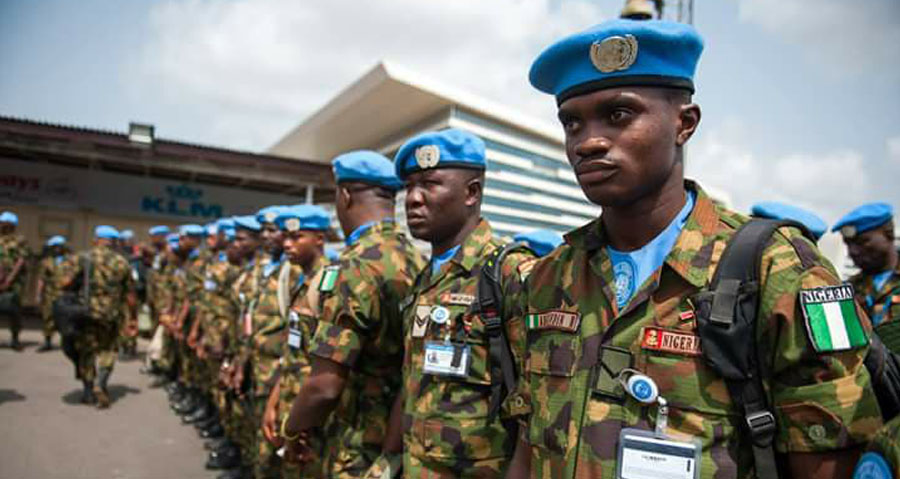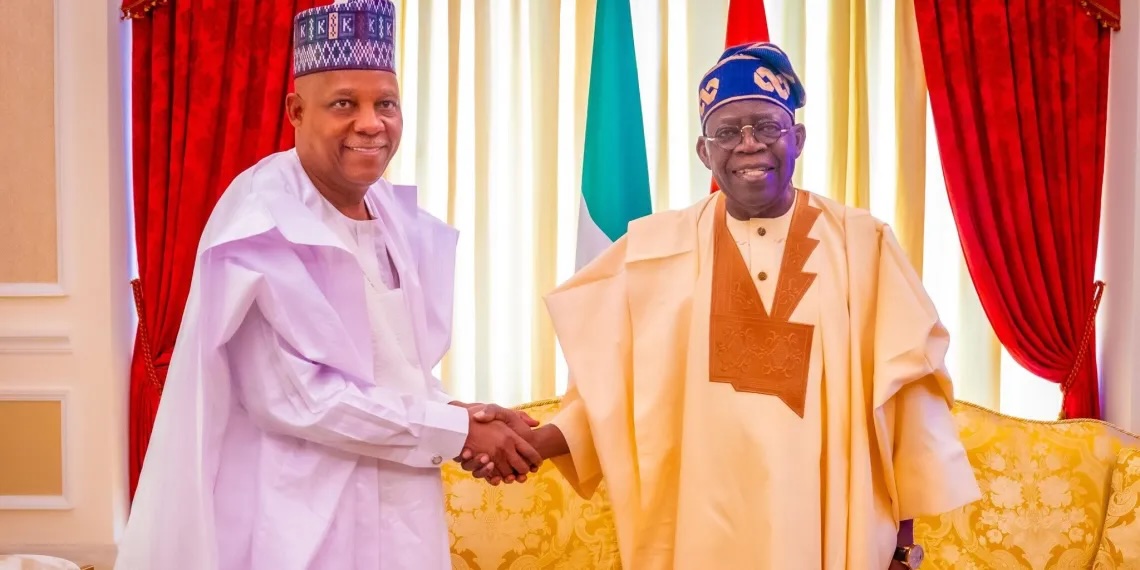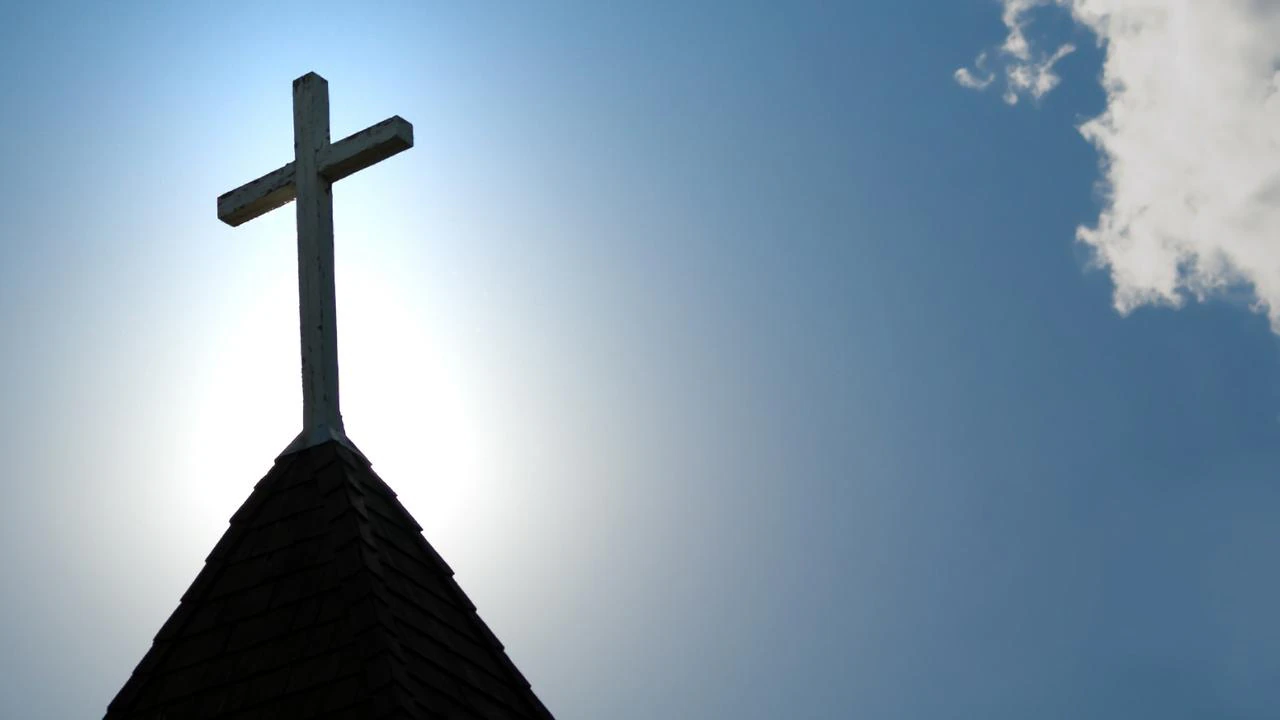
On the whole, the initial cost to Nigeria arising from the operations in the Congo, between 1960 and 1961, amounted to $1.800,000. In addition to this, Nigeria also paid salaries and allowances of all Nigerian troops and policemen during their three and half years of service.
This cost a total of $12,300,000. The cost of maintaining the 400-man police contingent that served for five years was $29,580,000. In June 1964, Nigeria contributed $626,000 to the UN Congo special fund.
The total estimated cost to Nigeria of the Congo operations is $44,366,000. This does not include its $1,000,000 subscription to the UN bond issue inaugurated in 1962 to alleviate UN financial burdens in the peacekeeping operations. On January 20, 1964, Tanganyika soldiers mutinied and took over Dar es Salaam in protest against poor pay and the continued presence of British officers in the army.
The mutiny spread to other towns. Six hundred British royal marines, flown in at the request of the government, disarmed the mutineers. The entire army was also disbanded.
At the OAU Council of Ministers meeting in Dar es Salaam, it was agreed that troops be reconstituted. In March 1964, following an agreement between Nigeria and Tanganyika, Nigerian troops replaced the British troops, assisting the Tanganyika government in maintaining internal security. They served for sixmonths.
In 1983, Nigeria spent N50million to finance its participation in an OAU sponsored Peace keeping mission in Chad, following a rebel invasion from Libya to overthrow the government of Hisene Hibre.
Nigeria’s most elaborate peace keeping effort has been in Liberia. On Christmas Eve, 1989, following years of violent and chaotic rule by the government of Sergeant Samuel Doe, rebel forces led by Charles Taylor, Doe’s former Director of General Services, invaded the country, entering the Nimba County through Cote d’Ivoire. The Taylor forces made rapid progress.
However, their onslaught and the counter reaction to it from the Doe government and other insurgent groups led to a bloodbath, carnage and a refugee crisis unprecedented in the history of the sub-region.
By August 1990, Doe’s government had lost control of the country. Meanwhile, the refugee problem worsened as relief ships refused to enter Liberian territorial waters because the Lloyds of London refused to issue them insurance.
The initial response of sub-regional leaders came in April. At the urging of President Ibrahim Babangida, Nigeria, Ghana, Sierra Leone and the Gambia established a Standing Mediation Committee (SMC) to resolve the conflict peacefully.
After failing to secure co-operation for the peace efforts, especially from Taylor whose forces were on the verge of taking over Monrovia when the SMC was formed, the SMC on August 7, created the Economic Community of West African States Ceasefire Monitoring Group (ECOMOG).
ECOMOG’s mandate combined peace keeping and peace enforcement, namely: to conduct military operations for the purpose of monitoring ceasefire, to restore law and order to create the necessary conditions for free and fair elections and to aid the release of all political prisoners and prisoners of war.
On the whole, Nigeria has supplied about 70 per cent of ECOMOG’s men and material during the first five years of its operations. This includes 15-armed helicopters. Since the removal of the force’s Ghanaian Commander, General Arnold Quainoo, it has been led by Nigerian Commander. SMC also set up a special emergency fund for the war-torn country to deal with refugee problems, among others.
Shortly after Federal Government accorded it recognition in November 1975, the MPLA government in Angola sent a delegation to Lagos to request for military and financial assistance.
In December, the government gave the Angolan government an outright grant of $20 million and set up a military committee headed by the Minister of Defence, Major General Illiya Bisalla to determine how best Nigeria could meet the needs of the Angolans.
The committee was able, by January 1976, to assembly uniforms, combat boots, steel helmet and some weapons which Nigeria Air Force planes used to fly to Angola. Still significant was the role of General Murtala Mohammed (November 8, 1938- February 13, 1976) who almost single- handedly swayed the OAU into according to MPLA recognition as the sole government of Angola.
Many African commentators considered Murtala’s action as psychological boost for
African liberation movement because of its impact on the U.S. position on African decolonisation.
Nigeria played an active role in the struggle against apartheid and white minority rule in South Africa; remaining throughout that struggle, Africa’s leading opponent of the South Africa apartheid regime. For many years, Major General Joe Nanven Garba (July 17, 1943- June 1 , 2002) served to galvanise international opinion against apartheid.
In 1976, the Mozambican Liberation Movement, (FRELIMO), received N150million from the Federal Government. Nigeria Air Force planes moved to Dar es Salaam from where they carried supplies to the Patriotic Alliance forces based in Mozambique and Zambia to accelerate the independence struggle in Rhodesia (Zimbabwe).
In addition, Zimbabwean liberation group received N150million in 1976 and N640million in 1979 from the Nigerian government.
Nigeria provided the South West African People’s Organisation (SWAPO), the main liberation, substantial amount of money to move its main base in Southern Zambia to Southern Angola in order to gain a firmer foothold in the liberation struggle.
From 1968, when it became known that South Africa, Rhodesia and Portugal were secretly supporting secessionist Biafra, the Nigerian government began pressing for increased contributions to the special fund of the OAU liberation committee to which Nigeria contributed N150million in 1973.
In February 1969, the Nigerian government spokesman at that year’s OAU Council of Ministers meeting announced that Nigeria was ready to grant ‘additional funds to the liberation committee apart from its regular allotted contribution.’
From 1970-1971, Nigeria held the chairmanship of the OAU defence commission. General Yakubu Gowon (89) in June 1971 asked African leaders to work to ensure the liberation of at least one colonial state in the continent. He promised that the OAU should assign specific African countries responsibility for liberating particular colonial territories.
To be continued tomorrow
Teniola, a former director at the Presidency, wrote from Lagos.






